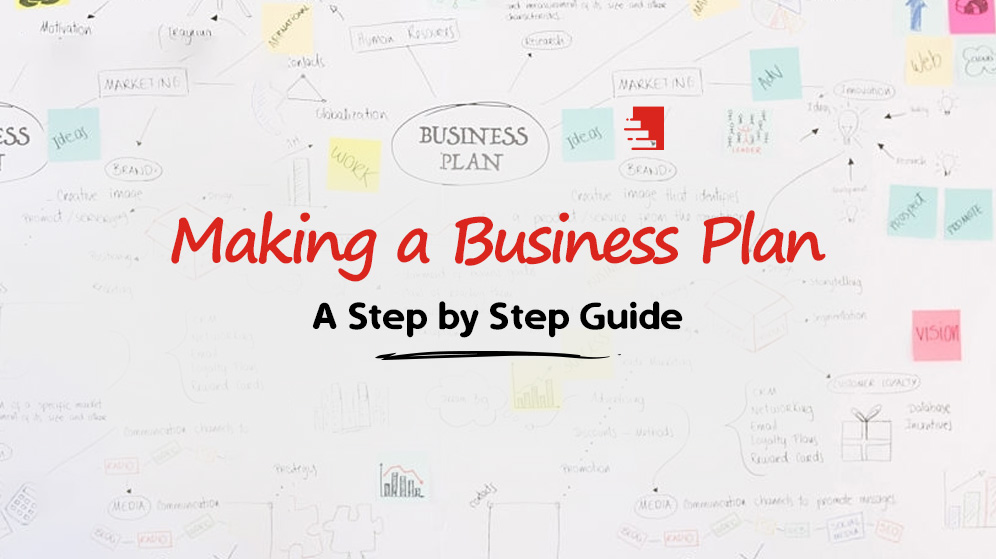Making a Business Plan: A Step by Step Guide

Starting a journey in the world of business might not be easy, most starters give up halfway through their struggles and never look back. The idea of starting a personal business has almost become equivalent to fighting an armada all on your own. However, this fear is not a curse that cannot be overcome. Here is a very basic question, “What did all the successful warlords and conquerors have in common?” The answer is a strategy. If observed closely, business is a silent war that is fought between corporations and companies to rise above one another. In this cluster of experienced competitors, the only thing that can keep you in the front lines of the race is a proper plan and strategy.
If you have a clear vision of where you want your business to head in the future and how you plan to do it, then you are already halfway through the difficult part of starting a business. We hope after reading this article, you get a clearer view of your goals and plans:
What is a Business Plan?
Your business plan is an outline of how you aim to execute the success of your business. This outline must keep you focused on the information that is necessary and leave out the extras. Let us break down the plan into smaller and easier steps:
- Making Decisions:
Start asking yourself the questions about your business which not only introduce your business but also show your vision for the future of your trade. Here are a few questions you can a yourself:
- What is my business sector?
- What products and services do I offer?
- Who are my potential clients?
- Can I supply large-scale if the demand increases?
- What are the projections of my business?
Onwards, you can add other smaller questions and the ones that are relevant to your business. Knowing the answer to such questions and having an execution plan for them can pump up your investors to trust your visions and business.
- Market Study:
The market study is the baseline of knowing your business since it helps you know your business in comparison with the competitors and how to plan your journey accordingly. You must be fully equipped with the information of who your customers are going to be, which location offers the best impact, and who the competitors are. Researching your market will help in laying out a plan for a long-term business.
- Administrative Chart:
How many personnel do you need and what duties do they take on? This part of your plan is concerned with the staff duties and responsibilities; to familiarise them with the role they are to play in painting the big picture. This helps your business stay organised.
- Products and Services:
Every business has something to offer, be it products or services of kinds, in this part of your plan you make it clear what you have to offer to customers. This awareness keeps you focused on a target market and keep distractions at bay. If you have too many varieties of something to offer, then it would be wise to feature the first few best offerings more than the others.
- Marketing Your Business:
What brings your products and services under the light of discoverability is marketing. It is the strategy of presenting your business to the public through numerous strategies. Digital or print media, does not matter which one, marketing has changed the shape and size of businesses ever since its first use.
- Estimating the Start-Up Costs:
To start a business, you will need investments of your own or investors that would need convincing. Making an estimate of your start-up will help you know how much budget you need to make your business’ take-off a smooth one. the bottom line is, only through proper planning and strategy can you hope to get into the competition. This list does not cover every and all aspects of business planning, but these basics are the ones you will need and can start with.
 Apparel Boxes
Apparel Boxes
 Bakery Boxes
Bakery Boxes
 Cosmetics Boxes
Cosmetics Boxes
 Medicine Boxes
Medicine Boxes
 Retail Boxes
Retail Boxes